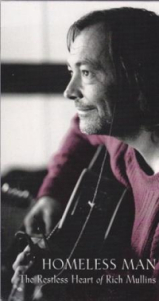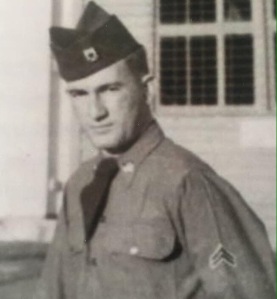Cheryl and I had the privilege last night of attending the Red Carpet premier of the Kendrick Brothers’ newest film, Overcomer. I am not exactly sure how we ended up on this list of invitations other than when War Room was debuting we received an email inviting pastors and I responded. After our previous experience, I was excited for another opportunity. Our friends kept our eleven month old entertained (I think the opposite was true) while we went and enjoyed hors d’oeuvres, candy, popcorn, soda, the presence of brothers and sisters in Christ and celebrated the opening of this film – all at the expense of someone who we do not know and we are thankful! Overcomer opens in theaters next Friday August 23rd.
Here are a few reasons why you should go and take others with you:
Synopsis: The student body of a Christian school in a small town is devastated by the closing of a plant as families immediately begin moving away. The athletic department is particularly affected bringing together a coach and one runner, a young lady, who has had a difficult childhood. The film is anchored on the question: “What do you allow to define you?” and addresses the hurt and healing involved with difficult relationships, especially the most important Relationship.
A COMPELLING STORY
The Kendrick brothers have matured in a powerful way with each film they’ve produced as they have found their niche in telling stories that bring others in contact with the greatest Story. Somehow, even though there is a clear “main character” – this movie does not necessarily have a “star” – and that is hard to do. With their characteristic wit and dry family humor, predictable tearjerker moments, and a story that pierces the heart as one is forced to examine him or herself in light of truth, this film is a must see.

In a day when most “entertainment” is mingled with idolatry and sensuality and in many cases is outright displeasing to the Lord, it is wonderful to have an opportunity to go to a film one will enjoy but can also take his or her family and friends without embarrassment or regret.
THE GOSPEL
In the midst of the film in the narrative of one character, there is a discussion precipitated by difficult questions that leads to one coming to faith in Christ. The Gospel presentation is shared by the brilliant Pricilla Shirer’s character. As a pastor, I was even more impressed with the discipleship elements that were seen as an immediate follow up to this moment resulting in the character’s study of Ephesians and clear, articulate, and beautiful public profession of faith. The Kendrick brothers are not systematic theologians seeking precision to write text books, or expositors preaching verse by verse, they are film makers who are powerfully presenting eternal truths in the medium of entertainment.
RELATIONSHIPS
I must observe this is my first Kendrick brothers film on this side of being a dad, and that certainly played a role in my response to the film and need for junior mints and tissues. I am reserving many of my thoughts so as not give “spoilers” but I can assure you, if you have broken relationships and disappointments with others – you will want to see this film.
APPRECIATION
It is clear from hearing from the brothers themselves and others involved in the making of these movies of the years that there is a clear calling upon their lives to this task. The saturation of these projects with prayer, the identification of these films as belonging to the Lord, and the pride in the craftsmanship of storytelling and truth giving are admirable. Thank you Kendrick Brothers!
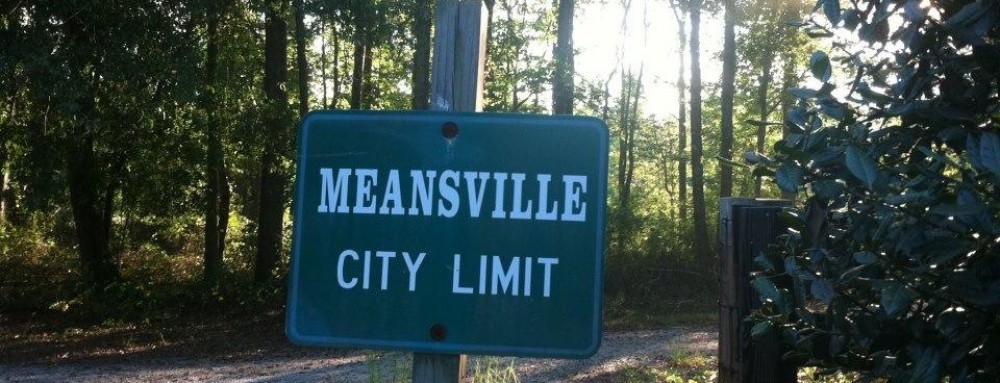

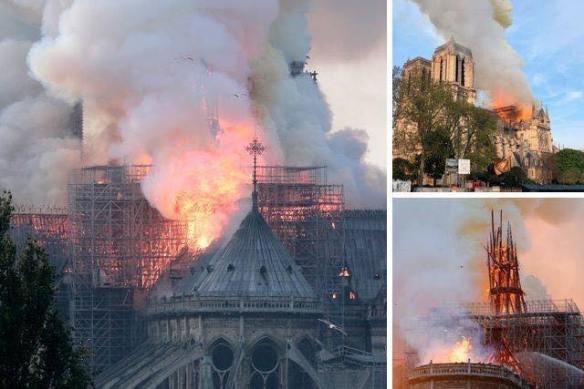
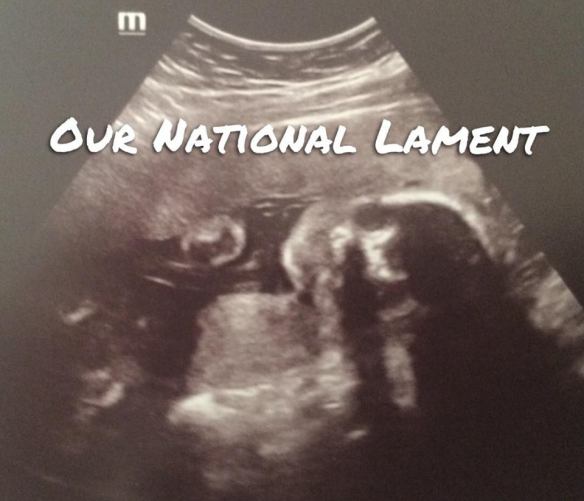
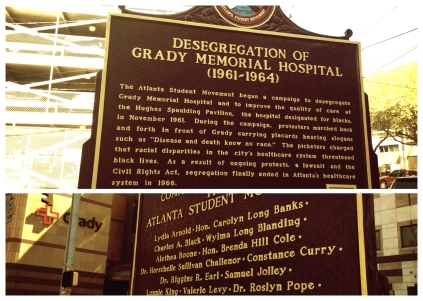 “I will show you, come with me. . . ” said a smiling Middle-Eastern immigrant woman in a hijab as she led me down a fluorescent-lit hallway through a secure door pressing the button of an air phone for admittance to a secure area. She was friendly, I was responded in kind, and was frankly excited for the opportunity to interact with someone whose culture sets up many barriers to interact with someone like me and my culture builds walls preventing congenial interaction with people like her. The setting was a hospital. I was visiting a church member in a trauma ICU and she was the receptionist at the desk. In the room, my eyes awoke from prayer to see an African American nurse who was expecting a child. My wife and I are also expecting. The nurse and I began to share with each other our joys and fears about the expectation of a new birth and the gift of life, as we also shared our faith and joy in the New Birth we have in Christ. When I exited the room, my eyes roamed up and down the hallway. I saw prim and proper city dwellers and laid back ball capped and camouflaged country folk. My ears listened to conversations. In English I heard country twang and mid-western plain. I also detected Spanish, Korean, Arabic, and Mandarin. I boarded an elevator full of people who did not look like me, and we smiled and shared jokes and encouragement.
“I will show you, come with me. . . ” said a smiling Middle-Eastern immigrant woman in a hijab as she led me down a fluorescent-lit hallway through a secure door pressing the button of an air phone for admittance to a secure area. She was friendly, I was responded in kind, and was frankly excited for the opportunity to interact with someone whose culture sets up many barriers to interact with someone like me and my culture builds walls preventing congenial interaction with people like her. The setting was a hospital. I was visiting a church member in a trauma ICU and she was the receptionist at the desk. In the room, my eyes awoke from prayer to see an African American nurse who was expecting a child. My wife and I are also expecting. The nurse and I began to share with each other our joys and fears about the expectation of a new birth and the gift of life, as we also shared our faith and joy in the New Birth we have in Christ. When I exited the room, my eyes roamed up and down the hallway. I saw prim and proper city dwellers and laid back ball capped and camouflaged country folk. My ears listened to conversations. In English I heard country twang and mid-western plain. I also detected Spanish, Korean, Arabic, and Mandarin. I boarded an elevator full of people who did not look like me, and we smiled and shared jokes and encouragement.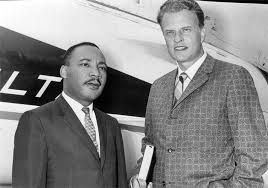
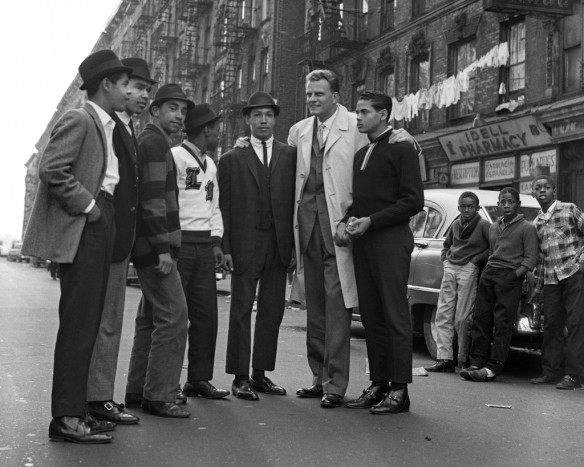
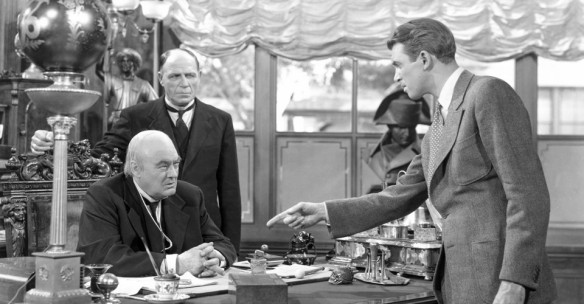 Amongst the citizens of Bedford Falls dwells a man by the name of Potter. He waits for disaster to strike then manipulates everyone and everything to revolve around him and to regard him as some sort of a savior. This is a subplot of the classic film It’s a Wonderful Life, but it is also the reality of many traditional and rural churches. In those churches Mr. Potter may be a man, a woman, or a group of men and women, but very few Bedford Falls do not have at least one Potter deigning to transform Bedford Falls “Church” in to Pottersville “Church”. In the film, the disaster is the Great Depression. In your church the disaster could be a financial, theological, or personnel crisis. The results are the same. Mr. Potter is waiting to pounce.
Amongst the citizens of Bedford Falls dwells a man by the name of Potter. He waits for disaster to strike then manipulates everyone and everything to revolve around him and to regard him as some sort of a savior. This is a subplot of the classic film It’s a Wonderful Life, but it is also the reality of many traditional and rural churches. In those churches Mr. Potter may be a man, a woman, or a group of men and women, but very few Bedford Falls do not have at least one Potter deigning to transform Bedford Falls “Church” in to Pottersville “Church”. In the film, the disaster is the Great Depression. In your church the disaster could be a financial, theological, or personnel crisis. The results are the same. Mr. Potter is waiting to pounce.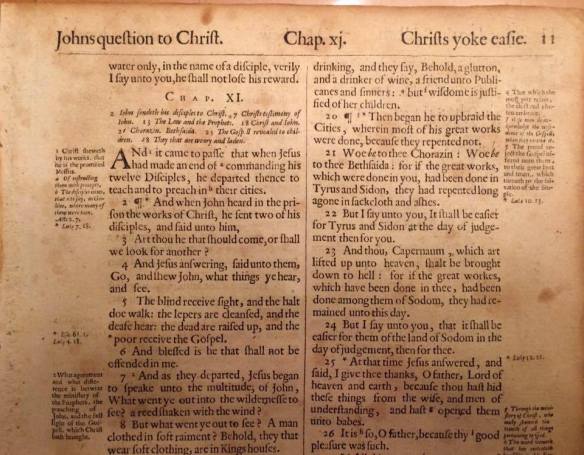 The true hero of the Reformation is the Word of God. The role of the Word of God in the Reformation is the single most important event of this period in church history. As personalities are studied, celebrated, and rightly set in their places by those who follow in their footsteps, we must also recognize their chief work of translating, disseminating, and teaching the Word of God as their most enduring contribution. As Charles Spurgeon observed, “The Reformation was the liberation of the Bible.”
The true hero of the Reformation is the Word of God. The role of the Word of God in the Reformation is the single most important event of this period in church history. As personalities are studied, celebrated, and rightly set in their places by those who follow in their footsteps, we must also recognize their chief work of translating, disseminating, and teaching the Word of God as their most enduring contribution. As Charles Spurgeon observed, “The Reformation was the liberation of the Bible.”